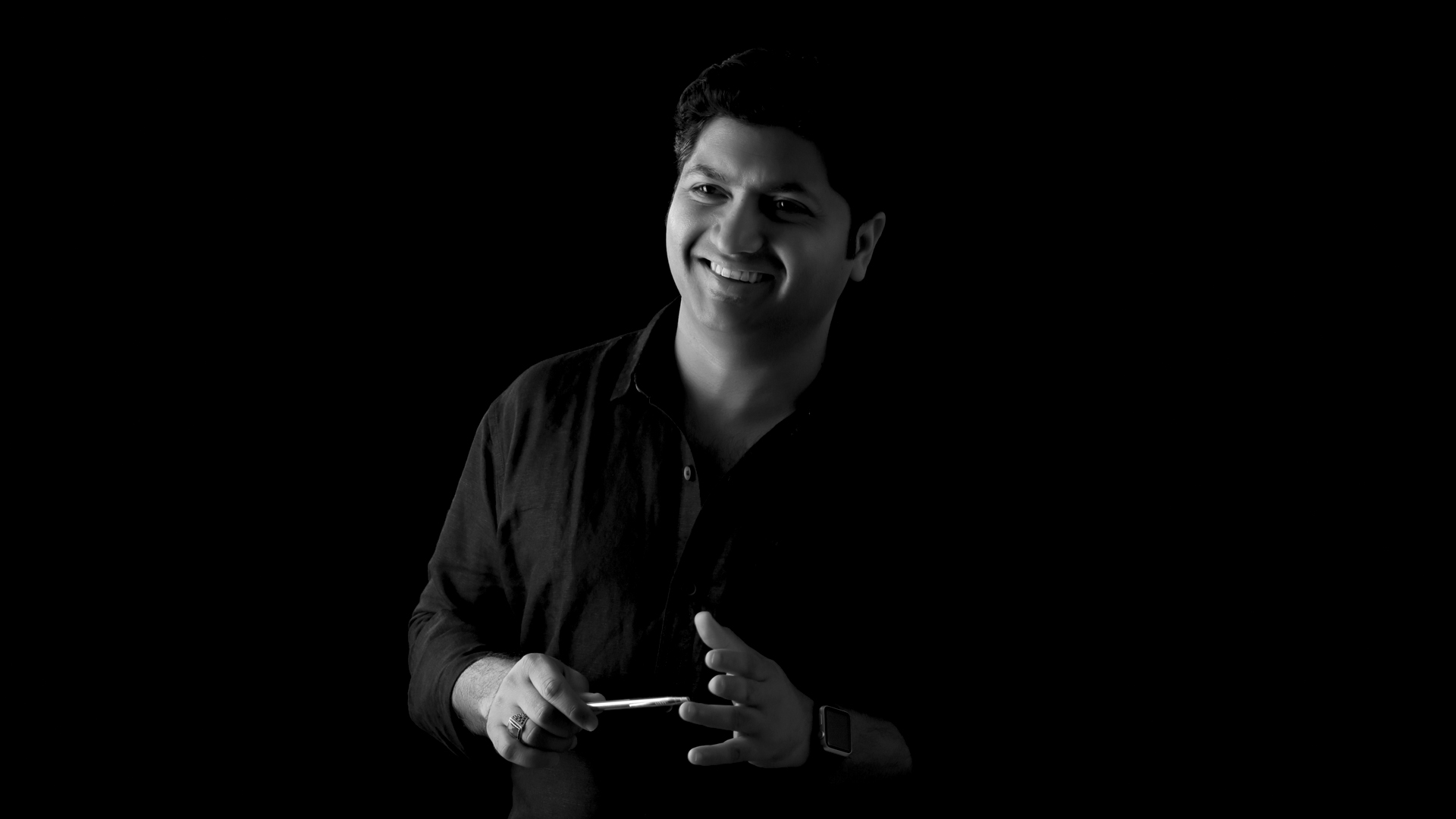
The Holy Qur’an’s mention of the ‘Pen’ highlights technology’s transformative role in education, argues Mujeeb Jaihoon
The Pen First in Revelation
The Holy Qur’an as a religious text pioneered the concept of education technology by mentioning ‘Pen’ as the first non-living object in the Revelation. This demonstrates the importance of ‘Technology’ in furthering education for the benefit of humanity.
It is worth mentioning here that the Creator did not mention stars, cars, earth, or heavens among the first objects. Instead, He opted for a very simple thing, i.e., the Pen. A deeper analysis of the above verses will reveal that the use of Pen is cited as among the bounties of Almighty. It is out of His generosity that teaching is made possible via the pen.
The Pen was the ancient form of technology used for imparting knowledge, followed by the compilation of books, printing presses, calculators, laboratory instruments, overhead projectors, tape recorders, television, and the internet, as we know it today. The pen is also a symbol of creativity, used for writing poetry, discovering scientific facts, recording historic events, drawing, and more.
The Iqra’ Revolution was a new concept in educational technology, linking knowledge with the name of the Creator, to be used for the good of humanity.
IT: Tell or Sell Information
We have advanced from a machine-based economy to a knowledge-based economy. Everyone is after information, and at this juncture, we must learn how to approach this complex situation. The internet provides vast amounts of knowledge to a vast number of individuals living in any part of the world. Search engines bombard you with millions of websites for a simple query. Do you have the time to browse through the infinite sites? Moreover, these engines attempt to sell rather than tell you the information you are looking for.
The paid advertisements placed beside your results make them more unreliable and unauthentic. The time lost in browsing is highly detrimental, especially for students bound by short deadlines set by schools. Teachers must make the search easier and help identify the reliability of the online information.
Identity retention is paramount to education.
Dear friends, we must pay attention to not lose our identity in the face of these technologies. It is of utmost importance to retain our identity and not let our eyes be dazzled by the appeal of such “cool” technologies.
I invite your attention to a speech given by the former CEO of HP-Compaq. She said,
“And this (Islamic) civilization was driven more than anything, by invention. Its architects designed buildings that defied gravity. Its mathematicians created the algebra and algorithms that would enable the building of computers, and the creation of encryption. Its doctors examined the human body and found new cures for disease. Its astronomers looked into the heavens, named the stars, and paved the way for space travel and exploration. Its writers created thousands of stories. Stories of courage, romance, and magic. Its poets wrote of love, when others before them were too steeped in fear to think of such things. When other nations were afraid of ideas, this civilization thrived on them, and kept them alive. When censors threatened to wipe out knowledge from past civilizations, this civilization kept the knowledge alive, and passed it on to others. While modern Western civilization shares many of these traits, the civilization I’m talking about was the Islamic world from the year 800 to 1600, which included the Ottoman Empire and the courts of Baghdad, Damascus and Cairo, and enlightened rulers like Sulayman the Magnificent. Although we are often unaware of our indebtedness to this other civilization, its gifts are very much a part of our heritage. The technology industry would not exist without the contributions of Arab mathematicians. Sufi poet-philosophers like Rumi challenged our notions of self and truth. Leaders like Sulayman contributed to our notions of tolerance and civic leadership.” (https://www.hp.com/hpinfo/execteam/speeches/fiorina/minnesota01.html)
The CEO highlighted three major contributions of Islamic civilization to the present form of three major fields of human progress: engineering, computers and encryption, and space exploration.
Therefore, I call upon all of you to be loyal to your own faith and culture. For you are the heirs of a great tradition and heritage.
Dubai, 2005.


One comment
Well said